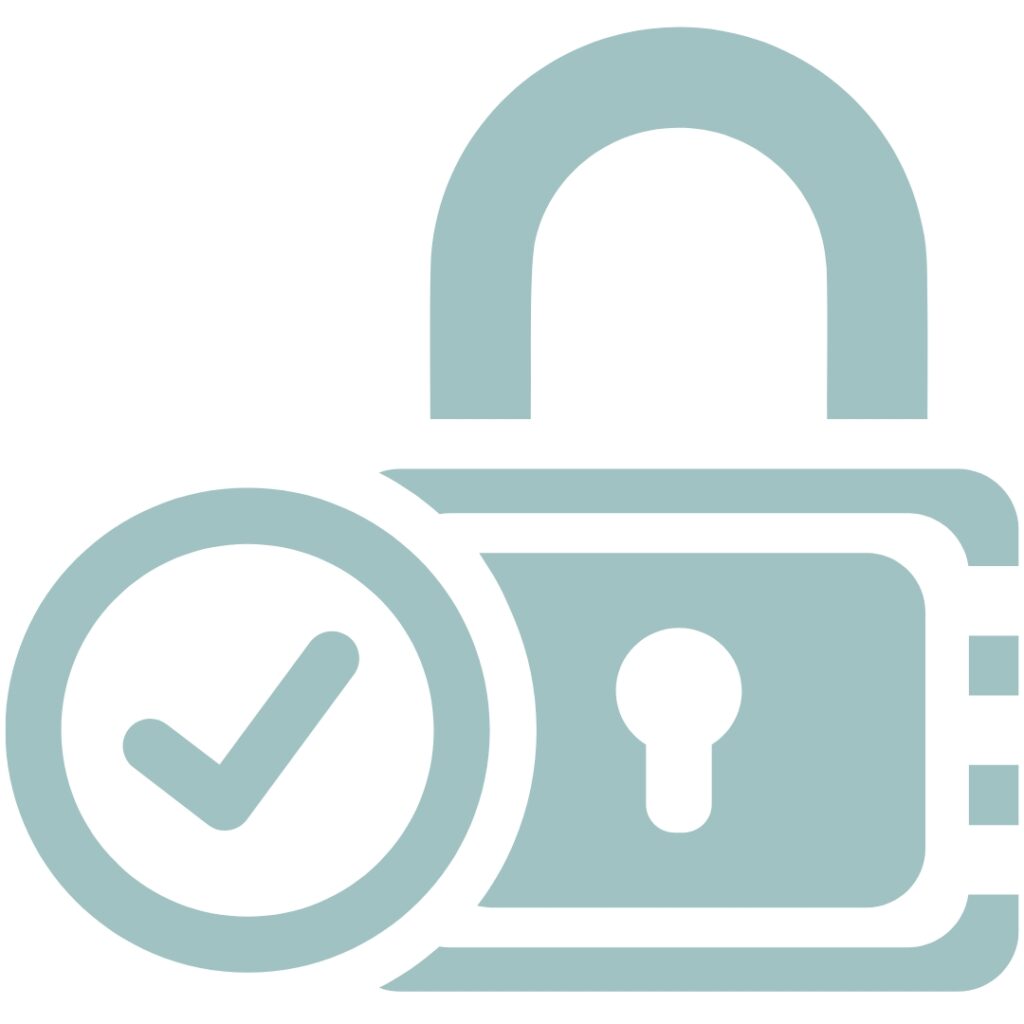Loans for Unemployed
Searching for financial support during unemployment? Explore various loan options available to help you manage your finances and get back on your feet.
Arcadia Finance helps you in the search of loans from different banks and lenders. Fill in a free application and get loan offers from up to 10 lenders. We work with well-known, trusted and NCR licensed lenders in South Africa.
What are Loans for Unemployed?
Loans for the unemployed are financial products designed for individuals without a traditional income but who still need access to credit. These loans are intended to assist people facing temporary financial challenges or needing funds to cover essential expenses.
There are two main types of loans available for the unemployed: secured loans and co-signer loans. When these loans become necessary, selecting the right type based on your circumstances is important. The absence of steady employment can negatively impact a person’s credit score, making it more difficult to qualify for certain loan amounts. The best lenders for unemployed individuals are those who specialise in higher-risk loans for people without a job or stable income.

Secured Loans for the Unemployed
Secured loans for unemployed individuals require the borrower to provide collateral as security for the loan. This collateral might include a house, car, apartment, or valuable items like gold jewellery. It’s important to be aware that secured loans often come with a repossession clause, allowing the lender to seize the collateral if the loan is not repaid.

Co-signer Loans for the Unemployed
Applying for a loan with a co-signer can significantly improve the chances of approval for unemployed individuals by relying on the financial stability of another person. In most cases, co-signer loans are granted to unemployed borrowers, with the repayment responsibility and additional security transferred to a financially capable co-signer. The co-signer could be a family member, relative, or friend, but they should have a high credit score to increase the likelihood of loan approval and secure a lower interest rate.
About Arcadia Finance
Easily secure your loan with Arcadia Finance. With no application fees and a choice of 16 trusted lenders, all compliant with South Africa’s National Credit Regulator, you can enjoy a smooth process tailored to your financial needs.
Can I Obtain a Loan Without Employment?
Yes, it’s possible to secure a loan even if you’re currently unemployed, provided you have an alternative source of income that can reliably cover the loan repayments. While your options may be more limited, and interest rates are likely to be higher compared to those available to individuals with steady employment, there are still avenues you can explore.
Lenders may consider various income sources when assessing your application. These could include social security benefits, pension payments, child support, or income from investments or rental properties. It’s important to show the lender that you have a consistent and sufficient income stream to meet the repayment requirements.
In most cases, if you’re seeking a loan while receiving benefits, you might need to approach a specialist lender who understands your financial situation. While some lenders may consider applications from those on benefits, it’s important to be cautious. These loans often come with significantly higher interest rates, which could increase your financial burden and potentially lead to further difficulties over time.

What Are My Chances of Approval for an Unemployed Loan?
The chances of securing a loan while unemployed in South Africa can vary greatly depending on several factors. Here are the key aspects that lenders typically consider when evaluating loan applications from unemployed individuals:
Credit Score
Your credit history and score are crucial. A good credit score indicates that you manage debt responsibly, which can help offset the risk associated with your current unemployment.
Loan Security
Offering collateral, such as property or a vehicle, could enhance your chances of getting a loan. Secured loans pose less risk to lenders, as they can recover the loan amount through the sale of the collateral if you default.
Existing Debts
Your current debt-to-income ratio is another important consideration. High levels of existing debt may reduce your chances of approval, as lenders are cautious about adding more financial obligations to an unemployed applicant.
Loan Guarantor
Having a guarantor with a stable income and good credit standing can also boost your prospects. The guarantor agrees to repay the loan if you are unable to, reducing the risk for the lender.
Loan Amount and Terms
Requesting a smaller loan amount, agreeing to higher interest rates, or opting for shorter repayment terms might improve your chances of approval, as these conditions lower the overall risk for the lender.
Lender’s Policy
Each lender has unique criteria and risk tolerance. Some may offer specific loan products for individuals without employment, while others might require steady employment as a strict condition.
Alternative Income Sources
Lenders will look for alternative sources of income, such as rental income, dividends from investments, or regular payments from a pension or annuity. Having these can significantly improve your chances of loan approval.
Application Strategy:
When applying, ensure your application is thorough and provides all necessary documentation to prove your ability to repay the loan. Honest disclosure of your financial status, coupled with any mitigating factors like a strong credit history or alternative income sources, will help your case.
Qualifying for Loans Without Income: What to Do if You Need Money Urgently
When applying for a loan, it’s not necessary for the funds used to repay the debt to come solely from traditional employment. In South Africa, many leading personal loan lenders recognise that financial situations can vary greatly. As a result, they consider a range of alternative income sources when assessing your loan application.
What Do Lenders Consider as Income?
Lenders may evaluate several types of income when reviewing your loan application, including:
- Unemployment Benefits: Financial support provided by the state during periods of unemployment.
- Child Support: Payments received from a former partner for the financial support of your children.
- Disability Payments: Compensation received due to a physical or mental disability.
- Investment Returns, Such as Annuities: Earnings from financial investments or long-term savings plans.
- Pension: Regular payments received after retirement or due to disability.
- Social Security Benefits: Government-provided financial assistance, such as pensions or disability benefits.
- Rental Income: Earnings from property rentals or leases.
- Inheritance: Financial assets or property received from a deceased estate.
- Alimony: Financial support provided by a former spouse following a divorce.
- Regular Settlement Payments: Ongoing payments received from legal settlements or agreements.
What If I Have a Poor Credit Score?
A poor credit score can make securing a loan more challenging, but it doesn’t make it impossible. Some lenders are willing to extend credit to individuals with less-than-perfect credit histories. The availability of these loans and the terms offered will depend largely on your individual financial situation. Typically, if you have a poor credit score, you might be required to pay a higher interest rate compared to those with stronger credit histories. This is because lenders perceive a higher risk in lending to those with a history of financial difficulties.
If you’re considering applying for a loan with a poor credit score, it’s important to carefully assess your financial situation and understand the implications of the loan terms. For more information on loans available to individuals with poor credit, you can visit our dedicated page, which provides detailed information and guidance tailored to your needs.

Will a Rejection Affect My Credit Score?
Yes, a rejection can indeed impact your credit score. When you apply for a loan and are turned down, it may be recorded as a hard inquiry on your credit report, which can negatively affect your credit rating. This could potentially make it more challenging to obtain credit in the future, as lenders may view your credit history as less favourable. It’s important to manage your credit applications carefully to avoid multiple rejections, as they can collectively harm your credit profile.
Is a Guarantor Required?
For some loan options, a guarantor may be required. Certain lenders offer specialised loans where a guarantor agrees to take on the responsibility of repaying the loan if you cannot meet your repayment obligations. While having a guarantor is not always necessary, it can be a valuable option if you face challenges such as unemployment or have a poor credit history. A guarantor can increase your chances of loan approval by providing additional security to the lender.
It is crucial for both you and your potential guarantor to fully understand the implications of this arrangement. The lender will review the guarantor’s financial situation and credit history as part of the approval process. If you default on the loan, your guarantor will be responsible for covering the repayments, which could affect their own credit rating and financial situation. Therefore, it is essential that the guarantor is well-informed and prepared for this responsibility before agreeing to it.
How to Apply for a Loan with Arcadia Finance
Applying for a loan at Arcadia Finance is straightforward and accessible. Start your application by visiting our website, where our dedicated and experienced team is available to assist you with any inquiries you might have throughout the process. We will require some basic information from you, including details about your income and expenses, as well as your desired loan amount and preferred repayment term. After submitting your application, our team will promptly review the details and respond with a decision as soon as possible.
Conclusion
Securing a loan while unemployed in South Africa presents unique challenges, but it is achievable with careful planning. Although traditional lenders often require proof of steady income, alternative income sources such as benefits, pensions, or investments can still support your loan application. Options like secured loans and co-signer loans may improve your chances of approval, though each has its own considerations. It is important to manage your credit responsibly and seek loans designed for those without traditional employment. By understanding your financial situation, evaluating different loan types, and maintaining a good credit score, you can navigate this challenging landscape and access the financial support you need.
Frequently Asked Questions
Yes, it is possible to obtain a loan without being employed, as long as you can demonstrate a reliable alternative source of income that can cover the loan repayments. While options may be more limited and interest rates higher compared to those for employed individuals, various types of income such as social security benefits, pensions, or rental income can be considered by lenders. Specialist lenders who understand your financial situation may be more willing to offer loans despite unemployment.
Loans for unemployed individuals often come with high Annual Percentage Rates (APRs) and interest rates due to the increased risk perceived by lenders. APRs can sometimes exceed 200%, which is significantly higher than rates offered to those with steady employment. There are generally two types of loans available: secured loans, which require collateral, and co-signer loans, which involve a financially stable co-signer. Choosing the right type of loan depends on your specific circumstances and financial needs.
Securing a loan while unemployed can be challenging, as fewer lenders are willing to offer credit under these conditions. At Little Loans, we work with a network of specialist lenders who are open to evaluating applications from individuals with alternative sources of income, such as freelance work or government benefits. To assess your chances of approval, you can use our loan eligibility checker, which helps you understand your likelihood of securing a loan without impacting your credit score.
Yes, a loan rejection can negatively impact your credit score. Each time you apply for a loan, the lender may perform a hard inquiry, which is recorded on your credit report. Multiple rejections can harm your credit rating, making it more difficult to secure credit in the future. To avoid this, it is important to manage your loan applications carefully and only apply for loans that you are reasonably confident you will be approved for.
A poor credit score can make it more difficult to secure a loan, but it does not necessarily prevent you from obtaining one. Lenders may still be willing to offer credit, though the terms are likely to be less favourable, with higher interest rates compared to those available to individuals with better credit histories. Improving your credit score through responsible financial behaviour can enhance your chances of securing a loan and potentially secure more favourable terms. For more detailed information, visit our dedicated page on loans for individuals with poor credit.

